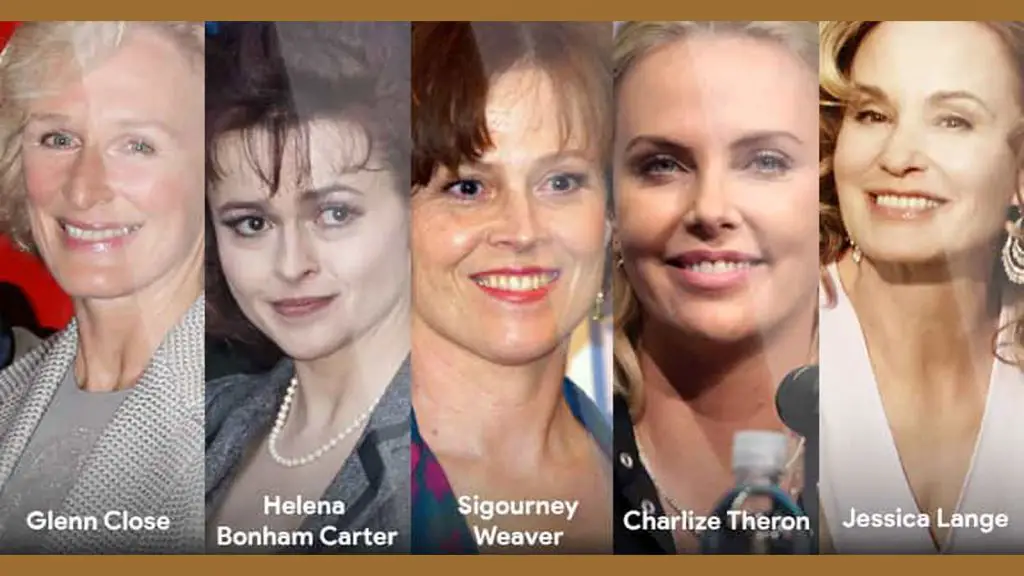
There has been an ongoing debate for the last several years about the very concept of knowledge. With the advances of the internet and billions of people literally having any piece of information at their fingertips, what is the real benefit of knowledge? Why teach children facts when they can look them up in five seconds on Wikipedia or Google? Why devour trivia books (such as Uncle John’s Bathroom Reader) when any random fact is available upon request? While there will always be such people as myself who take pride in knowing as much as possible about as much as possible (I’m not a ‘know-it-all,’ I’m a ‘want to know-it-all’), what practical purpose remains for storing facts, dates, names, and events when the answer key to the world is sitting at your fingertips?
Loveleen Tandan and Danny Boyle’s delightful fable “Slumdog Millionaire” suggests that our lives can be considered a sum of our knowledge. The more we do, the more we experience, then the more we know. Hence, the more we know, the richer our lives have been and can be. The film concerns a single life, up to the age of eighteen, told against the backdrop of an event that could transform that life forever.
The plot – Jamil Malik (“Skins'” Dev Patel) has lived a tough and brutal life as an impoverished child in Mumbai, India. But now, through luck and perhaps intent, he sits in the winner’s circle of the Indian version of “Who Wants To Be A Millionaire?” As he awaits the final question that will award him 20 million rupees, he is arrested and detained by Mumbai police on suspicion of cheating. Doctors, lawyers, and scientists have never won as much money on this show, so how could a poor kid from the slums possibly know so much? With his life possibly hanging in the balance, Malik tells his interrogator the story of his life up to that point, highlighting key events that will explain how he came to know the answers to the questions thus far.
That’s all you get, and that’s all you want going in. The film is a simple one, and the life of Malik sometimes flirts with cliche. But the movie succeeds as a sum of its parts, and its slow-building power becomes intoxicating. The film looks absolutely gorgeous, with widescreen vistas of India contrasting with sharp, intrusive closeups during interrogation scenes. The scenes set on the game show itself are both electric and claustrophobic, with Boyle doing his best to approximate the feeling of being on that once legendary show.
The acting is uniformly excellent, but it never stands out; never overpowers the narrative. Each of the leads is played by three different actors as they age, and each young actor blends seamlessly with the one following or proceeding. Of the case, only Anil Kapoor stands out. He has fun playing the game show host, a seemingly jovial man of shifting motives and complicated feelings about having his spotlight stolen by this genuinely interesting young man.
And, unlike several other Danny Boyle pictures, the film actually has a compelling third act and an emotionally involving climax. No spoilers, but the film does not go sliding off the rails in the manner of “28 Days Later,” “Sunshine” and “The Beach.” Granted, he was loosely adapting Vikas Swarup’s novel Q&A, but I was genuinely fearful that Boyle would once again drop the third-act ball. No worries, the last act is, if anything, superior to its somewhat dragging initial first act set-up.
In the end, Boyle and Tandan have made an enchanting story about the power of knowledge, knowledge gained from experiences and gained from life itself. The film sneaks up on the audience, slowly building emotional investment until the moviegoers are playing along with Malik and holding their breaths at the end. It is easily one of the more charming and original movies of this year and is absolutely perfect family entertainment for anyone over the age of ten. It is a celebration of not just the usual triumph of the human spirit, but a celebration of the human experience. For it’s not just what you know, it’s how you came to know it.
